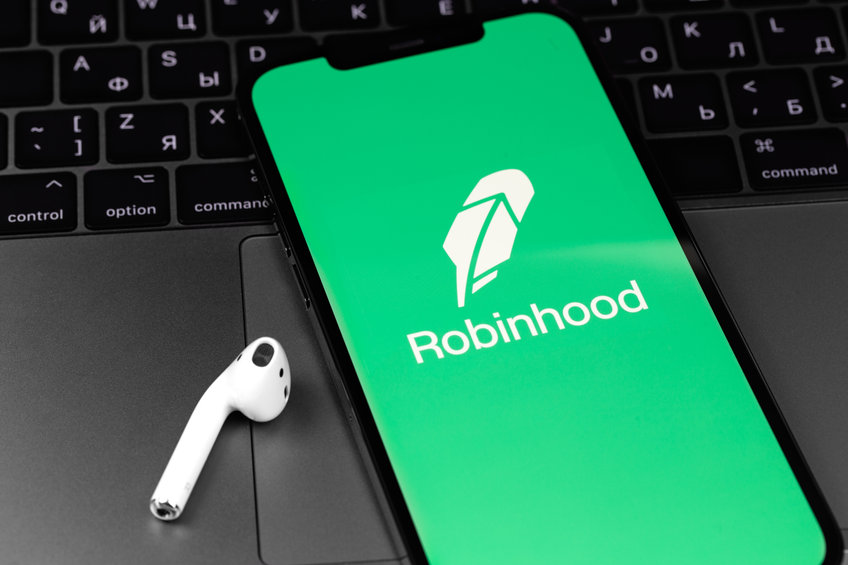
Ondo Finance, a crypto startup that seeks to build a decentralised investment bank as well as offer customised financial products to both institutional and retail investors, has secured $20 million in its Series A funding round.
The funding was co-led by Founders Fund, a venture capital firm founded by Peter Thiel and Pantera Capital, a blockchain-focused institutional asset manager. Coinbase Ventures, GoldenTree, Tiger Global, Wintermute, Flow Traders, and Steel Perlot joined the round as strategic investors, Ondo Finance noted in a press release.
In August 2021, Ondo announced a $4 million seed round led by Pantera Capital.
Ondo Finance eyes more DeFi products
The startup will use the funds to build its team as part of broader plans to accelerate the adoption of decentralized finance (DeFi) within the mainstream investment sector.
As well, the firm wants to launch new products and enhance its suite of existing product offerings, including decentralised structured products and Liquidity-as-a-Service offering.
“Vaults”, which are bundles of DeFi products tempered with different risk levels and through which investors get to hedge against downside risks, have become very popular. Ondo wants to provide more products and access.
“We’ve been delighted to see the demand for Ondo’s community vaults and Liquidity-as-a-Service offerings, which have really been a simple MVP with no liquidity mining or other incentives from us“, said Nathan Allman, the startup’s founder and CEO.
He added that the team is eyeing new products that make it even easier for passive investors seeking exposure to DeFi yields.
According to Allman, the new products will come with customised risk levels and will include vaults for algorithmic stablecoins and blockchains.
The post Founders Fund, Pantera co-lead $20M investment in Ondo Finance appeared first on Coin Journal.




